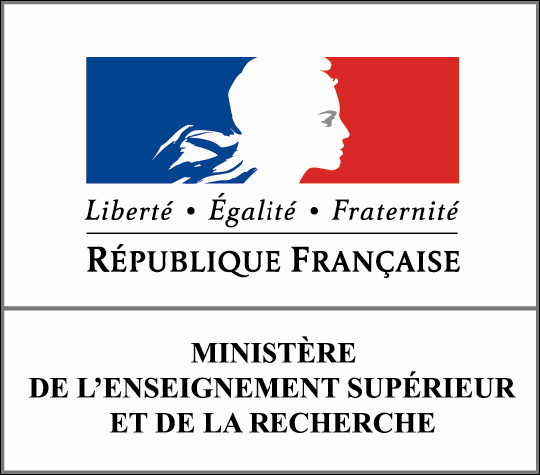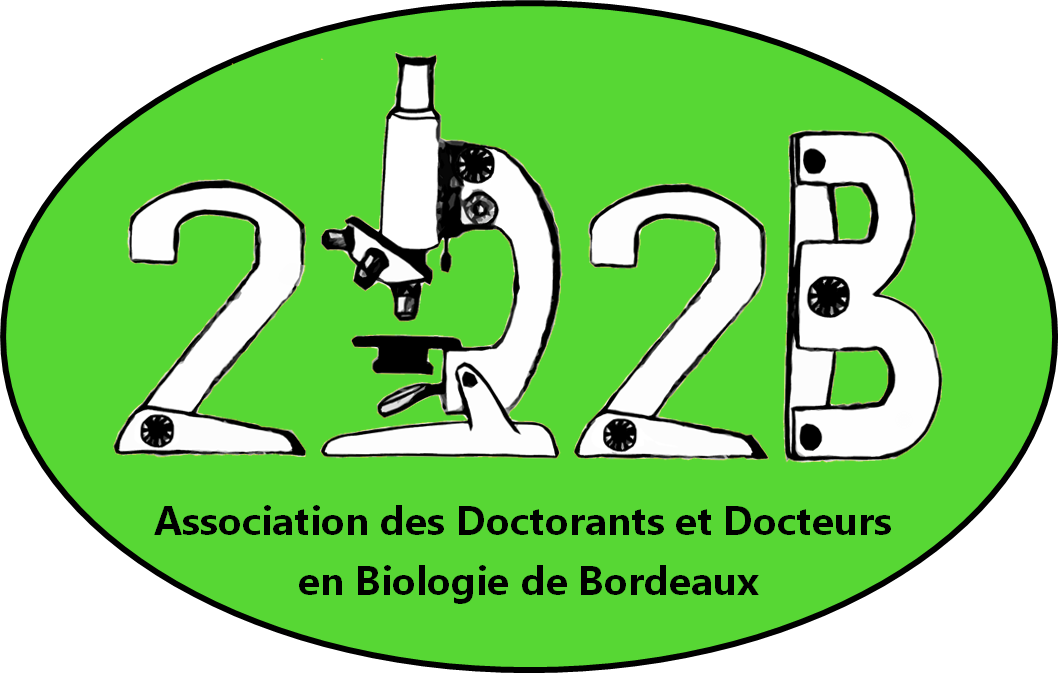Overview of the PhD
At the end of a Master degree, or after an engineering school, students can continue their studies with a “doctorat”, corresponding to the international standard of PhD. This highest academic degrees, representing the culmination of graduate studies, corresponds to a BAC + 8 years of studies. It is obtained after defending a thesis on the achievement of scientific work. The title of Doctor in Science could be delivered by universities or other higher education institutions authorized to do so. The PhD consist above all in high-standar personalized scientific support, as well as training aimed at deepening scientific culture of students through seminars, courses and other education.
Duration of the PhD
In France, duration of the thesis is fixed by a ministerial ruling published in 1996 with 3 inscriptions at the Doctoral School. So, PhD duration is about 3 years. Nevertheless, a 4th additional year can be granted only with special waiver. During PhD preparation, PhD-Student work under supervisor (Thesis Director) control and responsibility. Finally, a non negligible long ending session (4 months approximately) is dedicated to Memorandum writing called “Doctoral Thesis”. PhD-students have to “summaryse” in this thesis their researches, present their works and synthesize résults.
Bordeaux Neuroscience PhD Steps
Conditions of admission and Doctoral School
In order to be able to do a PhD, students have to hold a Master degree or its equivalent. Admission modalities differ from educational institutions, and are based on careful consideration by Doctoral Schools. Here in Bordeaux, the Doctoral School, called “Life Sciences”, join all science specialities, such as genetics, cell physiology, plants, microbiology-immunology, oenology, etc.. and neuroscience.
 A first selection is made by scientific and pedagogical council (CSP) of Doctoral School who carefully examine student application form. A the end of this first step, the CSP establish a list of selected candidates (approximately 140 students) for an oral exam in front of a multidisciplinary jury. For this oral exam, candidates have to prepare, for 10 days, and present a “fictive” project chosen from a subjects list proposed by the Doctoral School.
A first selection is made by scientific and pedagogical council (CSP) of Doctoral School who carefully examine student application form. A the end of this first step, the CSP establish a list of selected candidates (approximately 140 students) for an oral exam in front of a multidisciplinary jury. For this oral exam, candidates have to prepare, for 10 days, and present a “fictive” project chosen from a subjects list proposed by the Doctoral School.
Following the oral, candidates called “eligible” could pretend to a PhD (approximately first 100 students). The first fifteen automatically get a ministerial grant which allow them to apply in team, laboratory, institute they want. These teams have to previously propose a PhD subject in the Life Science Doctoral School here in Bordeaux. Other eligible candidate can apply to a Thesis Director who already get a grant, called “arrow grant”. In this case, each Thesis Directors have to interview all eligible candidates interested in their subject, before ranking them. But these arrow grants are really rare, and only 5 to 9 in neuroscience each year. A candidate is declared “accepted” by doctoral school by agreement of all parties (Thesis Director, candidate and Doctoral School) and can do a PhD as a PHD-Student.
Since 2018, The Bordeaux Neurocampus Graduate Program also offers additional PhD positions to excellent local and international applicants through its own selection process.
Students needs to hold a Master degree or equivalent in a relevant discipline (Applicants are expected to hold their Master diploma upon registration at the very latest), prove excellent academic and scientific level, but also demonstrate previous experience in a research laboratory. An adequate level of English to participate in courses, projects, seminars, workshops, etc. in required.
This program is usually launch in december or january. For more information, keep updated on the website of the graduate program : https://neurocampus-graduateprogram.u-bordeaux.fr/PhD-program/PhD-Program-overview
PhD-Student professional status
As part of the thesis, PhD-Student get professional status such as scholarship holder or salaried employee. According to the official website of the Ministry of Higher Education and Research, remuneration since 1 July 2010 is at least € 1684.93 gross if the PhD student performs contract research only or € 2024.70 gross otherwise engaged complementary activities, such as teaching.
Thesis oral defense and PhD obtaining
Before the student is allowed to present its research, the ” PhD Thesis Memorandum” must first be reviewed by at least two referees. These reporters are experienced researchers of the thesis subject area. They read in detail the thesis manuscript and write critical reports about it. The PhD-student then presents its work orally in front of a jury of experienced researchers (reviewer, PhD-Director and other). It’s important to clarify that it’s very rare to see the title of doctor refused after an oral defense.
For more informations about the PhD, we invite you to contact the “Association des Doctorants et Docteurs en Biologie de Bordeaux” – 2D2B

